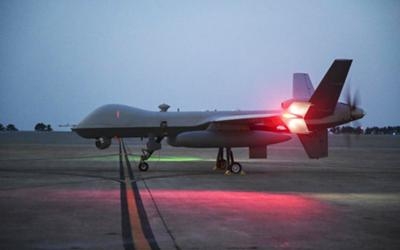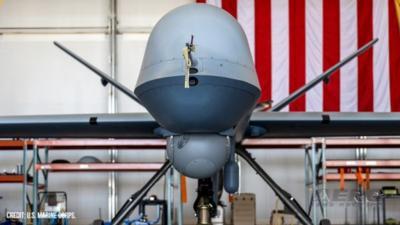Thu, Nov 27, 2025
Advertisement
More News
 Aero-News: Quote of the Day (11.27.25)
Aero-News: Quote of the Day (11.27.25)
“Achieving PMA for the S-1200 Series magnetos is another step in expanding our commitment to providing the aviation community with the most trusted and durable ‘firewal>[...]
 Airborne 11.26.25: Bonanza-Baron Fini, Archer v LA NIMBYs, Gogo Loses$$$
Airborne 11.26.25: Bonanza-Baron Fini, Archer v LA NIMBYs, Gogo Loses$$$
Also: Bell 505 on SAF, NYPA Gets Flak For BizAv 'Abuse', FAA Venezuela Caution, Horizon Update Textron Aviation has confirmed it will be ending production of the Beechcraft Bonanza>[...]
 FAA Seeks Info For New Brand-New ATC Platform
FAA Seeks Info For New Brand-New ATC Platform
State-Of-The-Art Common Automation Platform To Replace Legacy Systems The FAA has issued a Request for Information (RFI) regarding the initiative of the Trump Administration and U.>[...]
 USAF Reaper Drone Crashes Off the South Korean Coast
USAF Reaper Drone Crashes Off the South Korean Coast
Kunsan Air Base Reported the Accident During Routine Operations The US Air Force has confirmed that it lost an MQ-9 Reaper drone to the South Korean waters on November 24. The airc>[...]
 Hartzell Engine Tech Magneto Gains FAA-PMA
Hartzell Engine Tech Magneto Gains FAA-PMA
PowerUp S-1200 Series Approved, Available for 4- And 6-Cylinder Engines Hartzell Engine Tech announced it received FAA Parts Manufacturer Approval for its PowerUp S-1200 Series air>[...]
blog comments powered by Disqus





